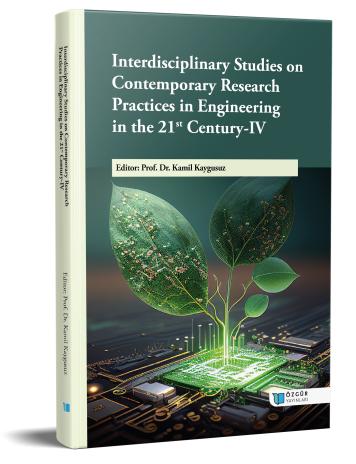
Fuel Cell and Applications
Şu kitabın bölümü:
Kaygusuz,
K.
(ed.)
2023.
21. Yüzyılda Mühendislikte Çağdaş Araştırma Uygulamaları Üzerine Disiplinler Arası Çalışmalar IV.
Özet
Electrical energy is clean and the most convenient for use. Today, hydroelectric, thermal, and nuclear systems produce electricity. Electricity production using fossil-based power is rapidly decreasing due to global warnings and excessive pollution of our atmosphere. New technologies are evolving that can reduce carbon emissions significantly; one of them is fuel cell. Studies on fuel cell applications are intensifying and many application developments in engineering will continue to be seen in the 21st century.
Fuel Cell is a power generation element that converts the chemical energy of a fuel (hydrogen) and oxidizer (air) into energy that can be used directly in the form of electricity and heat. In this study, fuel cell types with various names according to various criteria are explained, fuel cell usage areas are specified and applications in the world are mentioned. Application examples of fuel cells used in power stations, distributed energy production, and vehicle applications are given. The environmental effects, one of the most important advantages of fuel cells, are explained and compared with other conventional power generation systems. Although fuel cells have many advantages, the most important obstacle to commercialization is their cost. Development studies and significant increases in power density show that the commercial use of fuel cells will increase rapidly and significantly in the 21st century.

